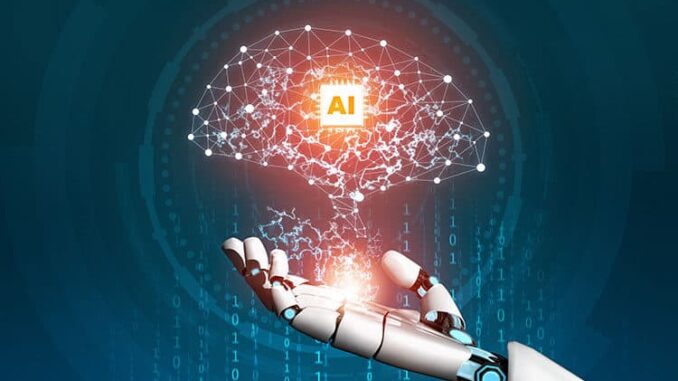
Artificial Intelligence (AI) offers a multitude of positive impacts across various domains, significantly enhancing efficiency, innovation, and quality of life. Here are some key areas where AI has made valuable contributions:
1. **Healthcare Advancements**: – **Diagnosis and Treatment**: AI can analyze medical images and patient data to assist in diagnosing diseases earlier and more accurately. Machine learning algorithms can suggest personalized treatment plans based on individual patient profiles.









– **Drug Discovery**: AI accelerates the drug development process by analyzing biological data and predicting how different compounds will interact, reducing the time required to bring new drugs to market.
2. **Increased Efficiency and Productivity**:
– **Automation of Repetitive Tasks**: AI can automate mundane and repetitive tasks in various industries, freeing up human workers to focus on more complex and creative activities.
– **Supply Chain Optimization**: AI can optimize logistics and supply chain management by predicting demand and managing inventory more effectively, reducing waste and costs.
3. **Enhanced Decision-Making**:
– **Data Analysis**: AI can analyze large datasets, identify trends, and generate actionable insights, enabling businesses and organizations to make data-driven decisions quickly.
– **Predictive Analytics**: AI models can forecast future trends and behaviors, helping companies make strategic decisions based on anticipated market changes.
4. **Personalization and User Experience**:
– **Tailored Services**: AI enables personalized recommendations in sectors such as retail, entertainment, and online services, enhancing customer satisfaction and engagement.
– **Smart Assistants**: Virtual assistants like Siri, Google Assistant, and Alexa provide users with personalized information and services, making technology more accessible and user-friendly.
5. **Environmental Sustainability**:
– **Resource Management**: AI can optimize energy usage and reduce waste in various sectors, including agriculture, manufacturing, and transportation, contributing to sustainability efforts.
– **Climate Monitoring**: AI technologies can analyze climate data to predict patterns and assess the effects of climate change, assisting in conservation and environmental protection efforts.
6. **Education and Learning**:
– **Personalized Learning**: AI-driven educational tools can adapt to the learning styles and paces of individual students, providing customized resources and support.
– **Administrative Efficiency**: AI can streamline administrative tasks in educational institutions, allowing educators to focus more on teaching and student engagement.
7. **Transportation Innovations**:
– **Autonomous Vehicles**: AI is at the core of self-driving technology, potentially reducing traffic accidents, improving traffic flow, and enhancing mobility for those unable to drive.
– **Traffic Management**: AI can optimize traffic signals and routes, reducing congestion and improving overall transportation efficiency.
8. **Economic Growth**:
– **Job Creation**: While AI may automate certain tasks, it also creates new job opportunities in tech development, data analysis, AI research, and maintenance of AI systems.
– **Innovation and Startups**: AI fosters innovation, leading to the emergence of new startups and technologies that can drive economic growth.
9. **Cybersecurity Enhancements**:
– **Threat Detection**: AI can identify and respond to cybersecurity threats in real-time, providing proactive protection against data breaches and cyberattacks.
– **Behavioral Analysis**: AI systems can analyze user behavior to detect anomalies and potential threats, enhancing overall security measures.
10. **Social Good**:
– **Disaster Response**: AI can analyze data from disasters to improve response times and resource allocation during crises, ultimately saving lives and reducing damage.
– **Accessibility**: AI technologies, such as speech recognition and computer vision, can assist individuals with disabilities, improving their access to information and services.
In summary, AI has the potential to revolutionize various sectors and improve both individual lives and collective societal outcomes. However, the benefits of AI must be balanced with ethical considerations, including privacy, bias, and job displacement, to ensure that its positive impacts are realized across society.

Leave a Reply